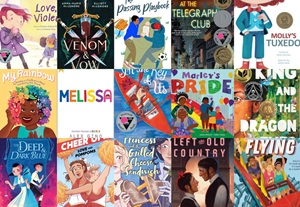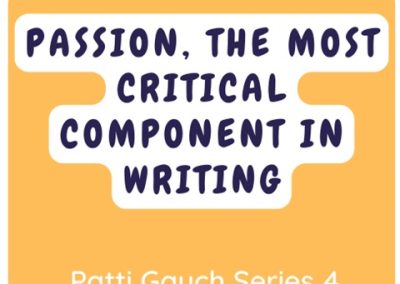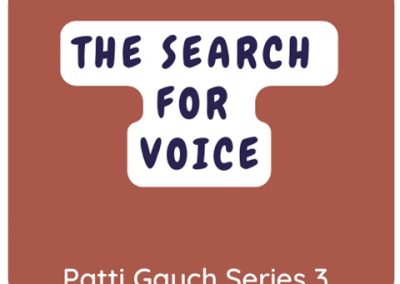We’d like to thank Chris Tebbetts for this blog post!
There’s no single way to start a story. In fact, that’s part of the difficulty with beginnings. It’s such a double-edged sword, knowing that I can write anything on that first page. What freedom!
But also, how do I choose the one right thing from a theoretical list of endless possibilities?
Here are three tips to consider when you’re facing down that first chapter…scene…page…or sentence.
1. What do you want the reader to know? And then: What does the reader need to know?
These questions can be a thought experiment, or a quick written exercise. Take a minute to make a list of everything you’ve included in the most recent draft of your story’s first chapter. By implication, I’m calling this the answer to question number one: everything you want the reader to know up front as they dive into your story. It might look something like this:
- Introduce my main character
- Introduce the MC’s best friend
- Give a sense of the story’s humor
- Hint at the coming school election
- Mention my character’s failing grades
- Make sure we see my main character’s bike
- Establish my suburban setting
- Introduce Mom and Dad
Now, take a look at that list and ask yourself: Which of these things do I actually need the reader to know immediately? Which can wait?
These questions can be stressful for a writer. Chapter One is the moment at which we have the most amount of information to impart to our uninitiated readers…but it’s also a crucial moment for hooking your reader and making sure they’ll want to keep turning those pages. After all, as they say, you only get one chance to make a first impression. And one of the biggest obstacles I see writers putting up for their readers is: too much exposition, too soon. So think carefully here. What is essential? What can wait?
Looking back at my example, above, I might ask myself: Could we meet Mom and Dad in Chapter Two instead of Chapter One? Which is more important right now—the school election or the bike? Is the suburban setting plot-relevant enough that it needs to be mentioned here?
Putting this another way: How much information – how much exposition – are you asking your reader (who is just settling into your story) to process and juggle at the same time? Can you parse that information in the name of a tighter, more focused beginning?
2. Tension, tension, tension.
There are many ways to create, build, and sustain tension in a story’s beginning. Are you giving the reader some sense of immediacy; of a character wanting something; of something about to happen? It doesn’t have to be dramatic, either. Humor can bring just as much tension to the page as anything else. So can a character, quietly perseverating on something, just as much as a character, boldly taking action.
Still, this one is a bit subjective. Not all stories need to begin with any prescribed degree of taut immediacy. Some big hits like WONDER and THE ONE AND ONLY IVAN, for instance, have relatively quiet openings. But after a quick survey of my own bookshelf, I do find that most of the MG and YA novels I’ve enjoyed over the years, have a tendency to throw us right into a moment of want, need, desire, anticipation, or action on page one.
So while I am definitely biased toward that kind of immediacy in my own work, I’ll stop short of implying the existence of any set “rules” here. Instead, I’ll add a third tip that jumps right off from this second one:
3. Take stock of your own taste.
Do the same kind of at-home bookshelf survey that I did. Pull a dozen books off your shelf, focusing on the ones you have most enjoyed and admired. The ones you love to go back to.
Read the first few pages of each of your chosen titles, and see if that gives you an indication of the sort of beginning that works best for you. Does that awareness offer you any kind of direction on the choices you’ve made (or will make) for your work-in-progress’ Chapter One?
Again, there’s no one way to write a story—or to begin one, for that matter. But I do hope these few tips might be a welcome addition to your writers’ toolbox, anytime you set out to tackle that new…or next….novel.
Happy writing!







